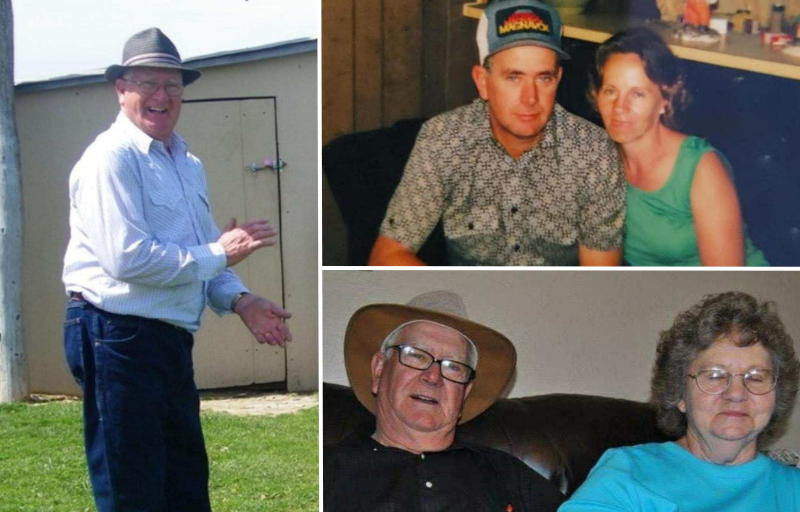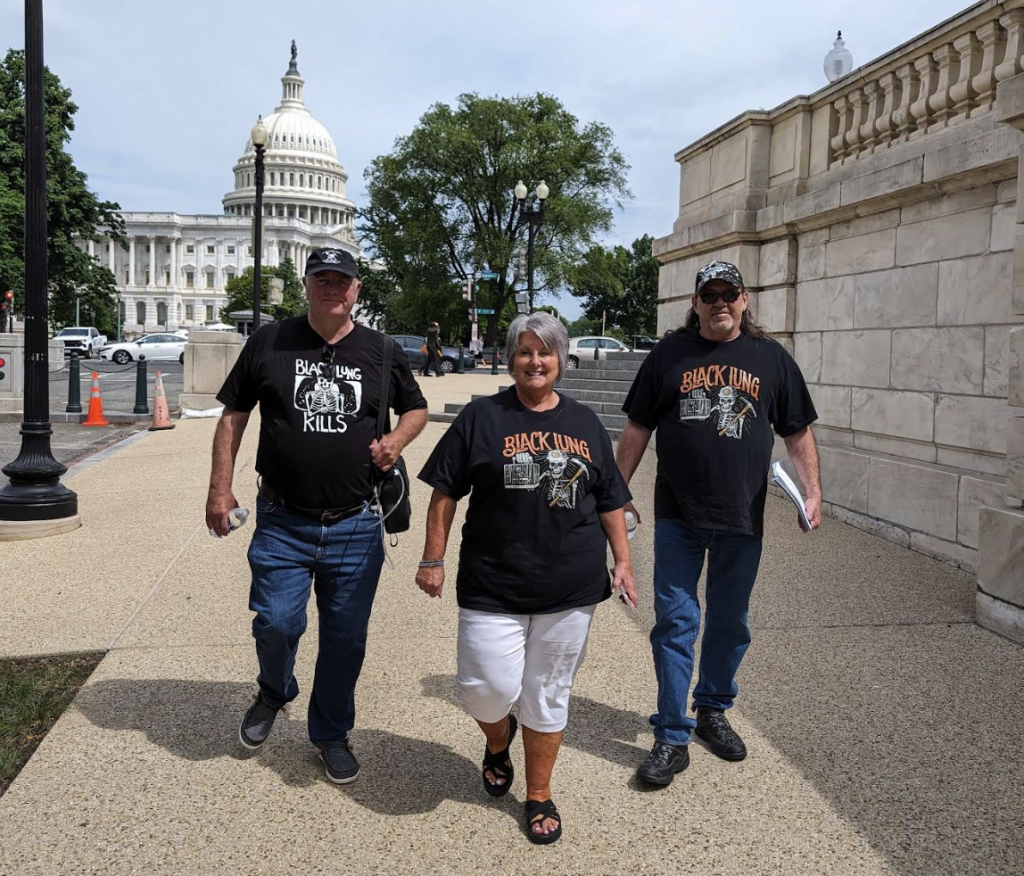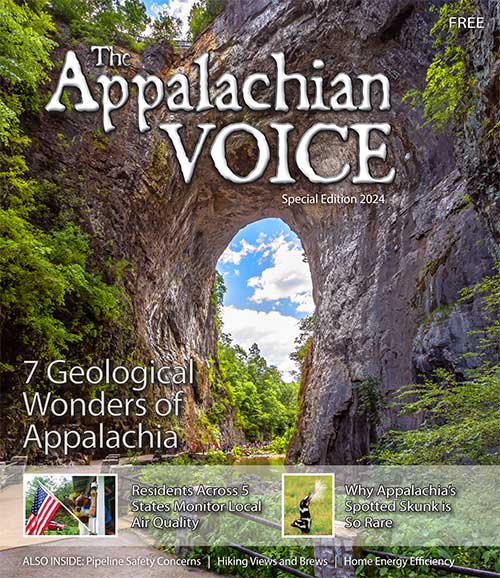Coal Miners’ Widows Tell their Stories to Kentucky Rep. Morgan McGarvey
McGarvey is lead sponsor of bill to help survivors access black lung benefits
“It just keeps me worried to the point it makes me wanna give up,” Sue Meade told Kentucky Rep. Morgan McGarvey, D-Ky., in an August 8 Zoom meeting.
Meade, from Wise County, Virginia, was speaking of her difficulties accessing monthly black lung benefits through the Department of Labor. Her husband, Raymond Meade, died of the disease in 2021, after 37 and a half years as an underground coal miner.

When miners are diagnosed with black lung, they are entitled to disability benefits through the federal black lung claims process. These benefits are paid out by their previous employer, or, in some cases, by the Department of Labor. After the miner’s death, these benefits are paid to surviving spouses if the miner had already been approved for lifetime benefits.
But sometimes, as in Sue Meade’s case, miners’ survivors receive interim monthly benefits from the Department of Labor on a provisional basis, while the implicated coal company argues in court that black lung was not the cause of the miner’s death. This can happen if the miner dies while they were in the process of applying for the Black Lung Program, or if they had never applied. When such challenges muddy the waters enough as to exactly how the miner died, the DOL can stop paying benefits to the widow, and claw back any benefits the widow has already received.
The virtual meeting earlier this month included widows and the adult children of coal miners who had died of black lung from Kentucky, Virginia and West Virginia, assembled in their respective states. It was organized by Vonda Robinson, vice president of the National Black Lung Association and the wife of a coal miner, in collaboration with McGarvey’s staff, after the two met during a Black Lung Association citizen lobby trip to Washington, D.C., earlier this year. The goal of the meeting was for widows to have an opportunity to tell their personal stories directly to McGarvey.
McGarvey is the lead House sponsor of the Relief for Survivors of Miners Act, colloquially known as ‘the widows’ bill.” A similar bill in the Senate is led by Sen. Mark Warner of Virginia. The legislation is aimed at making the process to get black lung benefits more fair for the widows and other dependents of miners who die from black lung. Robinson and other members of the Black Lung Association are eager to see this bill become law before a new Congress is sworn in come January.

“They took my black lung [benefits] from me. I don’t receive anything,” Meade said to McGarvey and three rooms in three states full of coal miners’ widows and adult children. “But I’m happy to be here. I’m hoping I can do something and help someone else receive their [black lung benefits].”
“On a policy level, I’ve got a pretty simple view of this,” McGarvey said. “These are benefits. They’re not gifts. They were paid into. They were earned. They’re deserved … We are going to continue to push policy fixes to make this easier for widows and families.”
The Relief for Survivors of Miners Act would re-establish that black lung is the presumed cause of death for any miner with the disease who dies from a respiratory condition – as was the case until 1981. By making it clear that the coal company must prove that a miner did not die of black lung, rather than requiring the widow to prove that black lung was the cause of the miner’s death, this legislation would make the claims process easier for survivors who are grieving the loss of a loved one.
The bill would designate federal funds to pay some of the legal and medical expenses survivors incur while filing for black lung benefits, removing some of the financial hurdles to accessing the benefits program. It would also direct the nonpartisan Government Accountability Office to complete a report on the financial impact of clawing back black lung benefits from survivors, and other ways to improve the claims process and benefits for survivors.
On the call, advocates also discussed another bill called the Black Lung Benefits Improvement Act, introduced by Senator Bob Casey (D-Pa.) and Rep. Matt Cartwright (D-Pa.). This bill would raise the level of monthly black lung benefits and make several changes to the claims process in order to make it easier on miners and their families. The monthly black lung stipend is currently set at $772.60 for miners plus $386.30 for one financially dependent family member, and just under $200 for each additional dependent. The amount is not adjusted for inflation, so it has not kept pace with the needs of mining families.
Benefits in this same amount are conferred to a miner’s widow when the miner dies from black lung. But for Sue Meade’s family, like many others, even this sum is withheld or clawed back.
“It’s hard to see my mother go through this,” says her son Randall Meade.
He worked 43 years in the mines himself, and he expressed frustration with his own difficulty accessing black lung benefits during the Zoom meeting. But he mostly spoke about the benefits his mother is no longer receiving.
“My mom deserves it,” Randall Meade says. “All these women do. It oughta be something done. It’s not right. She needs help. All these women need help.”
To show your support for the Meade family and others in a similar situation, send your lawmakers a letter telling them to support the Relief for Survivors of Miners Act and the Black Lung Benefits Improvement Act.
Related Articles
Latest News

Leave a comment
Your email address will not be published. Required fields are marked *






Leave a Comment